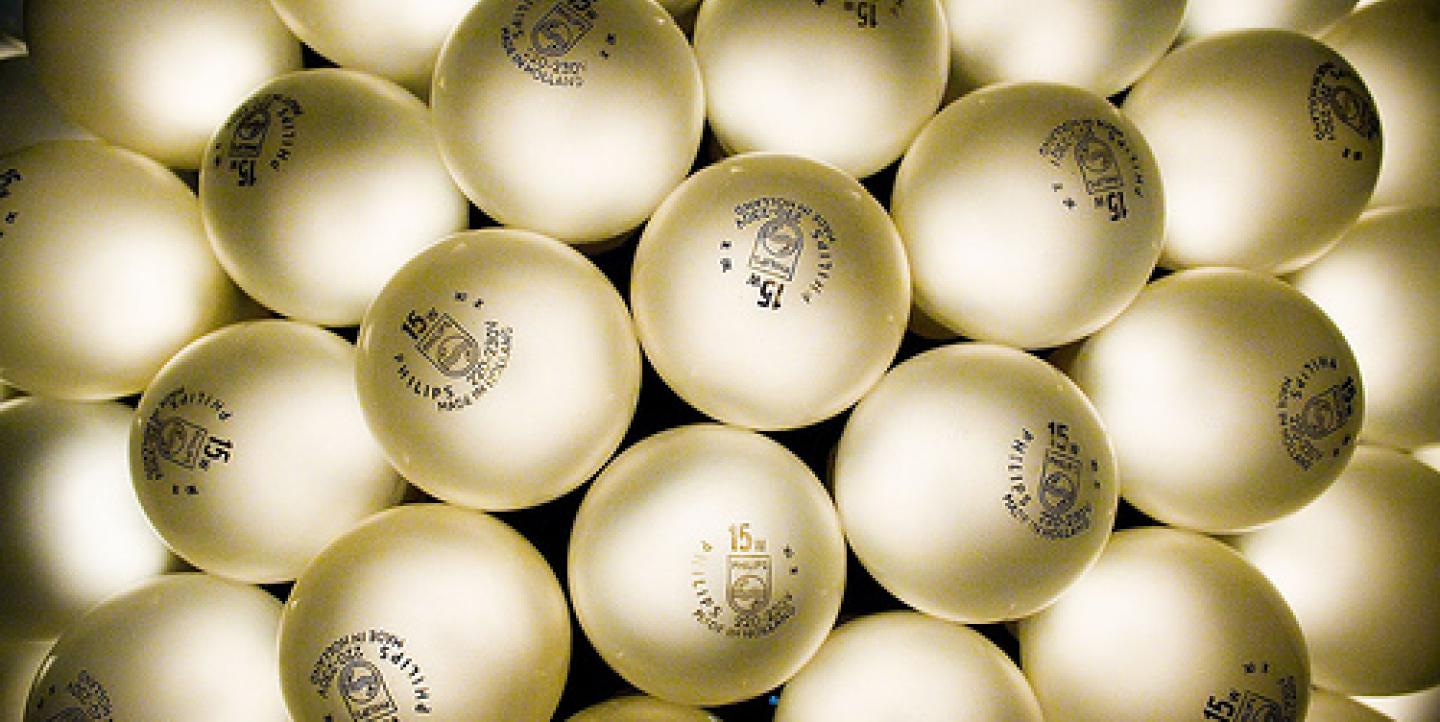Although it’s too late to enter the inaugural African News Innovation Challenge, aspiring media innovators in any part of the world can learn a lot from the contest.
After they strengthened and refined their proposals during an intensive four-month judging process, 40 finalists remain out of the initial pool of 500. Winners will receive funding--between $12,000 and $100,000—along with technical assistance. The contest, which aims to advance digital ideas for improving the way news is collected and disseminated in Africa, is run by the African Media Initiative.
As the contest draws to a close, IJNet spoke with Justin Arenstein, a media strategist who works with AMI as part of his Knight International Journalism Fellowship. Arenstein explained how the contest pushed entrants to refine and improve their project ideas—and how the projects could transform civic engagement in Africa.
IJNet: Can you tell us, in general terms, about the 40 finalists?
Justin Arenstein: The finalists are roughly 100 people [with] 40 projects from over 20 countries. Projects cover a wide range of ideas, technologies and geographies. We have projects that do everything from try to strengthen the depth and quality of reporting, to projects that try to give the public new ways to detect and act against bad journalism. We also have projects that try to improve the systems newsrooms use to produce news, or that give journalists new tools for getting news from dangerous or difficult-to-reach places, or that create new revenue sources for the media. We also have applications from civic organizations and community watchdogs, who are proposing to help the media open up governments and societies.
They all offer reusable technology or techniques. This means that if they succeed, they won't be the only beneficiaries; anyone else will be able to use the winning solutions. And all of our finalists try to solve a real-world problem facing African newsrooms.
IJNet: How have projects progressed in refining their ideas throughout these past months?
JA: This evolution of ideas is one of the things that sets ANIC apart from most other journalistic contests. ANIC tries to get media to use rapid iteration approaches, to speed up experimentation in newsrooms, and we therefore deliberately structured ANIC to encourage participants to constantly test, revise and strengthen their proposals. The principle of constant review was built in right from the start. For example, we encouraged applications to recruit followers and invite public comment or suggestions on their proposals. We also dispensed with the usual winners' banquet, and instead brought together all 40 finalists for an intensive four-day “TechCamp” in October, where finalists repeatedly pitched their ideas to each other in "defend and refine" sessions. The process helped forge the group into a tight community of innovators. They also got time with additional tech experts we flew in from the U.S., Latin America and Europe, [and they spent time] with world-class business mentors.
Almost all the finalists tweaked their proposals slightly, with two projects doing a complete pivot, or redesign, based on peer input. Many others found synergies between their ideas, and forged partnerships or friendships that will outlast ANIC. The intensive project development process means that everyone walks away a winner. Even those that don't get grants will have new skills, new networks and new partnerships, plus they'll have really polished proposals that someone else might be interested in funding.
IJNet: Was the “speed geeking” format used at TechCamp effective?
JA: Yes, I think it was a real success. It was based on the speed-dating format. On the first evening, we had everyone prepare a three-minute explanation of their project--what it is, why it is different and why it would make a difference. In Silicon Valley's venture capital industry, this is called an “elevator pitch.” Then, we divided the group in half, with the presenters each at a separate table, and everyone else in small groups. The groups moved from table to table, listening to the three-minute pitch and then asking two minutes of questions before we rang a bell to move groups to the next table. The presentations were really rough the first couple of times, but the rapid-fire process and the challenging questions forced presenters to hone their ideas very quickly. By the tenth time presenters made their pitch, they sounded really polished. Once the first bunch had mastered their presentations, we switched over and the second half got to present. The result was that everyone knew everyone else (and their projects) by the next morning--which is rare after an ordinary cocktail function. We used a very similar format throughout the TechCamp. This meant that TechCamp was all about sharing, asking questions and engaging one-on-one with new ideas. It got even usually shy people to engage.
IJNet: Do these projects have the potential to impact African society?
JA: We think many of the projects could help reshape not just Africa's media but also wider civic engagement. Almost half of the finalists involve technology or strategies for improving the media's connection with society. This includes more efficient fact-checking of the media, more streamlined ways for the public to shape media agendas [and] questions, and safer ways for public whistleblowers to speak out without risking their safety. But perhaps the most important theme that we see in many of the [entries] is a focus on practical ways to open up government, open up the media, and open up companies through “open data” transparency tools. This isn't unique to Africa, but it is great to see that Africa is at the forefront of this “open” movement. And, ultimately, society benefits from anything that improves the quality of media reportage, and the responsiveness of media to ordinary people.
The African Media Initiative (AMI) is running the contest with backing from Omidyar Network, Google, the Bill and Melinda Gates Foundation, the John S. and James L. Knight Foundation and others. AMI will announce the winners later this month.
Photo CC-licensed on Flickr via Thomas Hawk.

